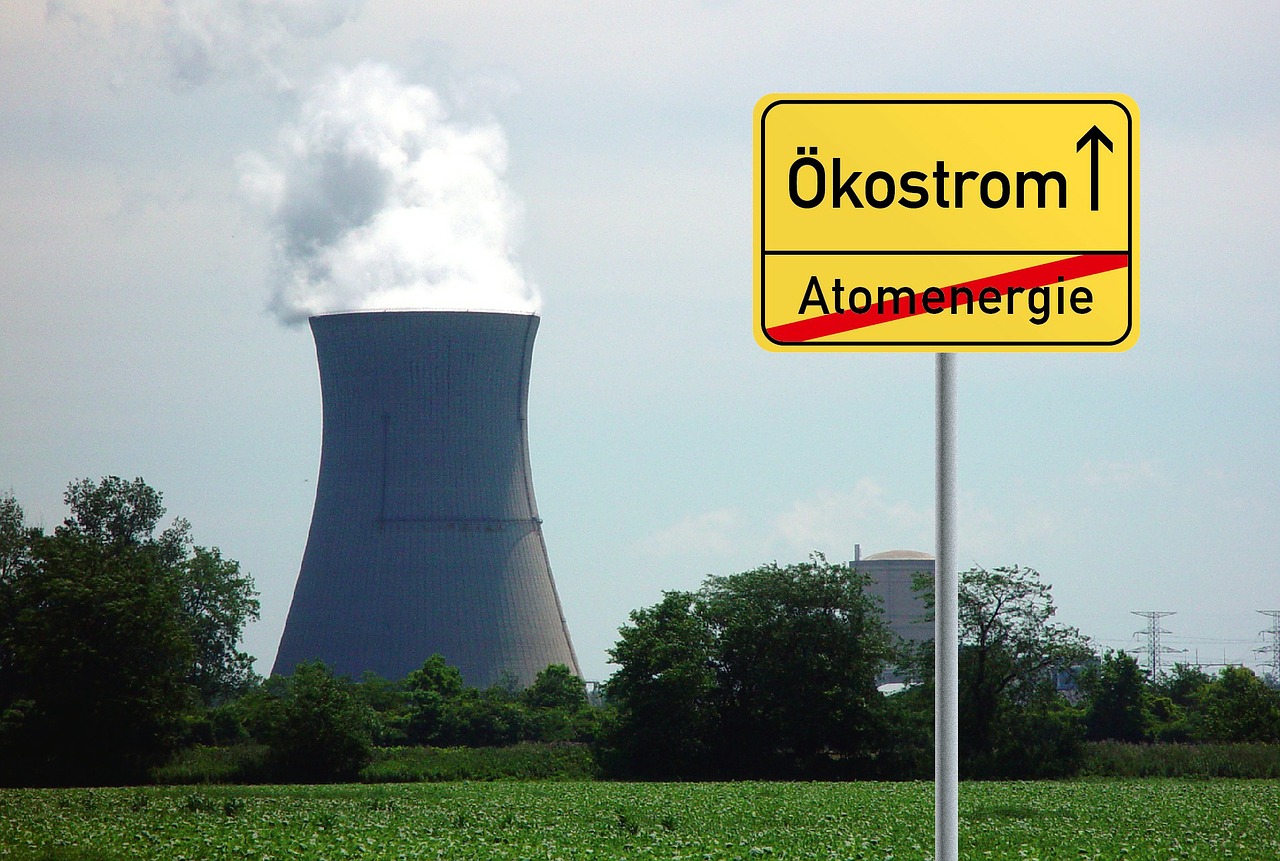Russia is exploiting climate and environmental issues to gain influence in our region – writes Patrycja Anna Tepper from the Institute for Western Affairs for BiznesAlert.pl in the context of the plans to build a nuclear power plant in Pomerania.
Polish plans to build a nuclear power plant in Choczewo have been criticized by organizations, which pledge they pursue sustainable development. On 24 August, the association „Eko-Unia”, together with representatives of the Green Party and the Bałtyckie SOS Associaion have announced that they submitted a letter to the General Directorate for Environmental Protection objecting to the construction of the NPP at the Baltic seaside, signed by 10 thousand people. The residents are concerned about losses to agriculture and an irreversible outflow of tourists from the picturesque area. However, these understandable worries may be exploited by actors that are not interested in developing Poland’s energy security and instead want to implement their political agenda, more often than not through indirect links to a network of creators of narratives established or controlled by Russia.
In April 2023, the” Süddeutsche Zeitung” published an article about the strategy of Russia, which, through environmental organizations, pursues its political goals in the West. According to a document, which was created in Moscow government circles, Russia plans to use the Baltic to rebuild its influence. It wants to capture the opportunity to engage in initiatives presented as saving the reservoir from exaggerated threats. To this end, „catastrophic scenarios” are to be outlined in order to force a dialogue between those involved in the protection of the Baltic Sea. There were even plans to organize a „Baltic platform”, an event aimed at NGOs, researchers, cultural animators and even representatives of religious organizations. This is a well-known method by which Russia seeks to reach people who shape opinion in a given country (mainly representatives from Germany, Scandinavia and residents of the Baltic states of Russian origin were targeted). What is the goal? The use of entities concerned about the fate of the Baltic as aware or unaware agents of influence for Russia.
It is important in this context to consider why Russia is exploiting climate and environmental issues to gain influence in our region. First of all, this blocks the possibility of a discussion and criticism, which are rejected at the outset as being insensitive to the topics of preserving nature and landscape for future generations. This type of emotional argument is used even though the opponents say that their concerns relate primarily to losses in the area of influence from private businesses conducted by the sea. Moreover, environmental protection is presented as a non-political topic beyond any divisions, which would allow Russia to participate in the discussion, as if independently of the war in Ukraine.
Therefore, special attention should be paid to any initiatives actively involved in hindering the development of infrastructure around the Baltic Sea. Especially if the veil of silence is lowered on events that are actually disastrous for the environment, which include the methane leak after the destruction of the Nord Stream 1 and Nord Stream 2 gas pipelines, the one-time emission of which has no precedent in history. According to some calculations, the effects on the climate may spread across decades and correspond to the annual emissions of up to 9 million passenger cars.
It is worth noting that for Russia, the Baltic region is also important because of the hope for the restoration of gas pipeline infrastructure and thus relations with Germany. The role of the Climate Foundation (Stiftung Klimaschutz) from Mecklenburg-Vorpommern is well known in this context, and is now being investigated by an inquiry committee. However, it is known that the entities set up by it were engaged in the completion of the construction of Nord Stream 2 and the protection of local companies from US sanctions. This glaring example highlights Russia’s strategy and its exploitation of pro-climate NGOs. In this context, it is important to understand that Polish entities can also purposefully or without knowing it fit into the Kremlin’s strategy, which at all costs tries to co-shape the energy policy of European countries so that in the future it can again play a key role in it.









